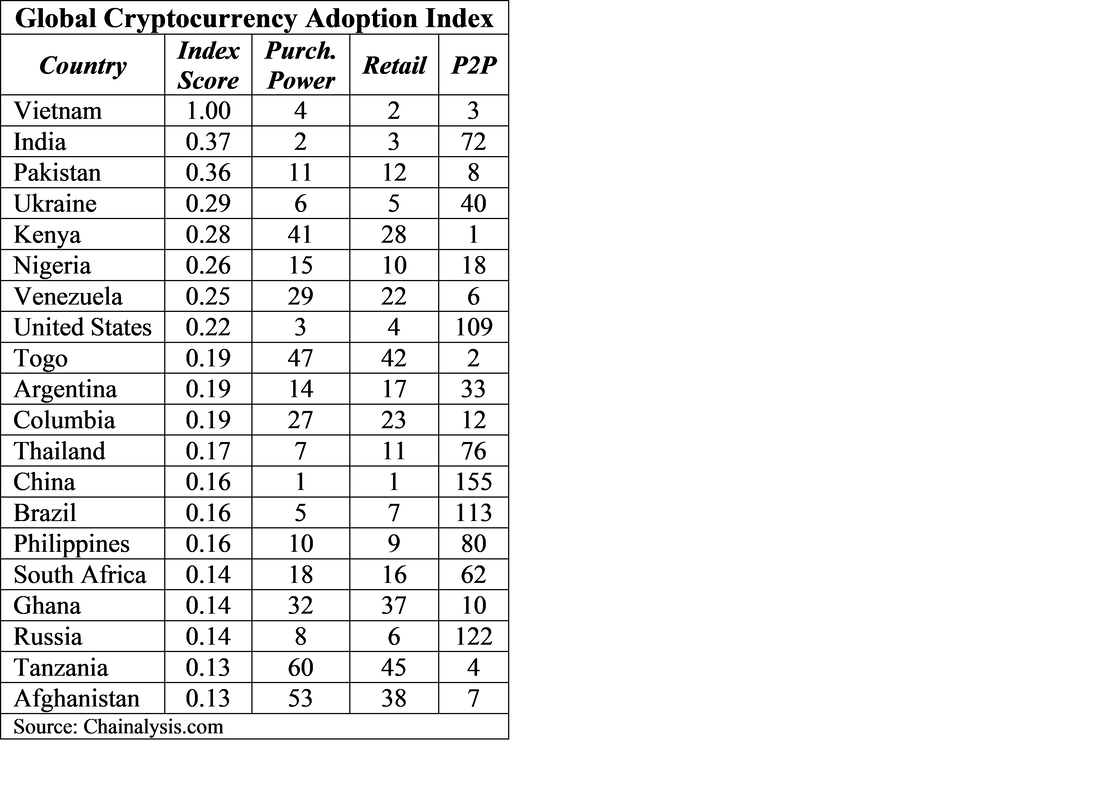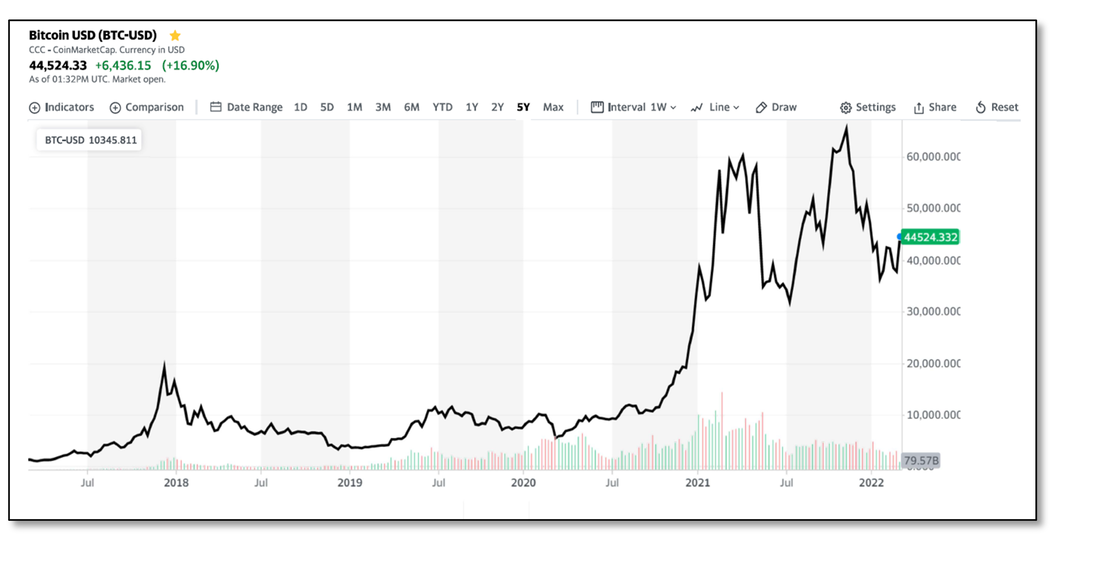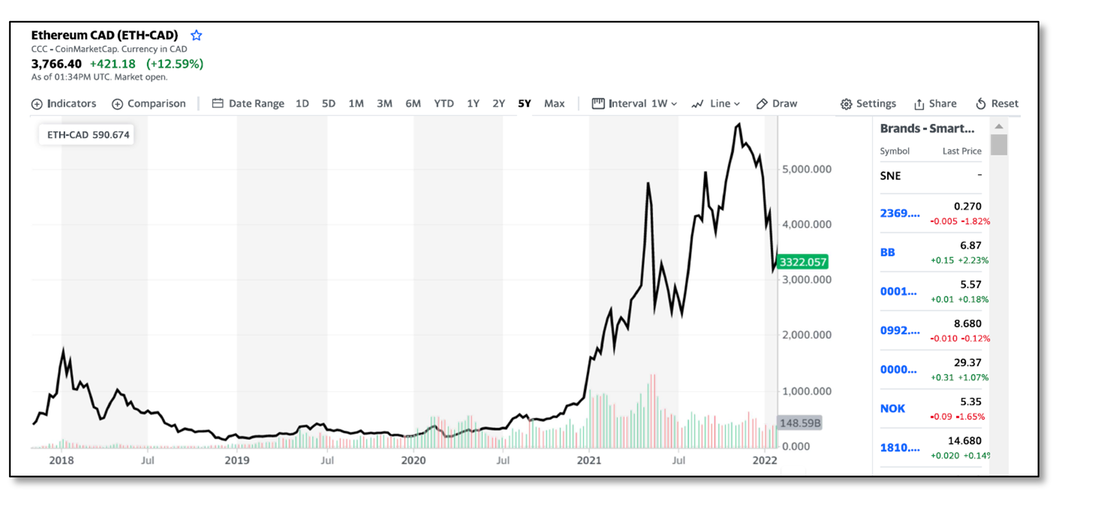The Game Remains the Same
Some cases were hard for the SEC to make, especially those less directly involved with corporate hierarchy, but the list of mid and low level employees and contractors who traded on information that they were either not allowed to see or had an obligation not to reveal or trade on is almost endless, and the idea that “…It was just a good guess…” in such a data driven world seems a bit ludicrous. So why would Nathaniel Chastain, a product manager at OpenSea (pvt), the world’s largest marketplace for the purchase and sale of NFTs, think that nobody would notice that he was buying certain NFTs before they were featured on the OpenSea website and selling them soon after the digital items were featured, with many knowing he was part of the featured decision making process.
Examples given in the indictment cited that o August 2, 2021, “…minutes before the NFT named “The Brawl 2” was featured on the OpenSea homepage, Chastain purchased 4 of the NFT, selling them hours after the features became public…” doubling his investment, and on August 9 he purchased 10 of the NFT collection “Flipping and Spinning” before the items were featured, then selling them for prices 250% to 300% higher. While he made the purchases and sales using anonymous accounts and wallets, he did so on the OpenSea Etherium blockchain and tried to conceal the transfers by opening new accounts when transferring capital in an out. Chastain purchased approximately 45 NFTs on 11 occasions, all based on inside information, that generated between two and five times his purchase price.
The charges in the indictment are for wire fraud and money laundering, each of which carries a maximum sentence of 20 years, and the defendant was arrested after the indictment was filed. Bond was set at $100,000. The FBI and the National Cryptocurrency Enforcement Team assisted in the investigation, which was the first involving digital assets being traded on inside information. While the blockchain has many positives relating to security an anonymity, it seems to be far more traceable than many believe, although this case seems particularly obvious and ultimately provable (although currently ‘alleged’), so the lesson here might be both don’t trade on information that you are obviously privy to, and don’t think that just because the transaction information is broken up into many pieces across many computers that it cannot be put back together if absolutely necessary.







 RSS Feed
RSS Feed